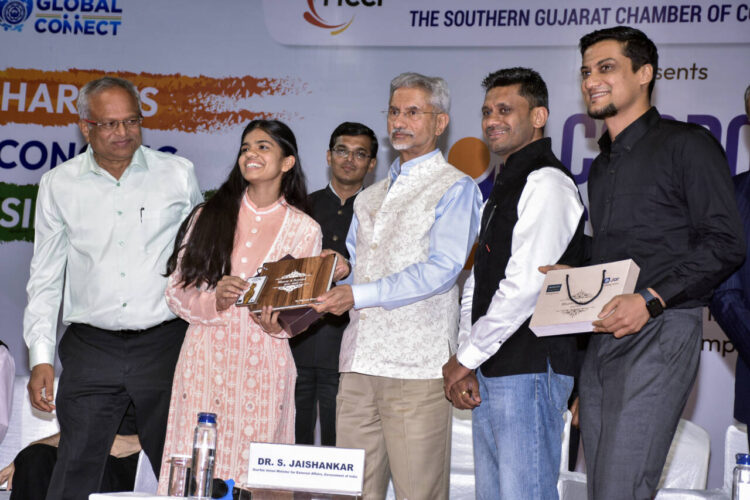Bharat’s External Affairs Minister, S. Jaishankar, asserted today that Bharat will undoubtedly secure permanent membership of the United Nations Security Council, noting a growing global sentiment in favor of India obtaining this position. However, he emphasized that achieving this goal would require intensified efforts from the country.
Speaking during an interaction with intellectuals in Rajkot city, Gujarat, Jaishankar responded to queries regarding India’s prospects of attaining permanent membership of the UN body. He underscored the historical context, highlighting that 80 years ago, when the UN was established, five nations – China, France, Russian Federation, the United Kingdom, and the United States – assumed permanent membership, despite the world then comprising around 50 independent countries, a number that has since grown to approximately 193.
Jaishankar expressed bewilderment over the entrenched control maintained by these five nations, asserting that the process of seeking their consent for any change was an anomaly. Despite this ongoing dynamic for several years, Jaishankar observed a growing global consensus in favor of India securing a permanent seat, which he believes is gaining momentum annually.
However, Jaishankar stressed that achieving this objective would necessitate substantial hard work, emphasizing the need for heightened efforts. He mentioned India’s joint proposal with Japan, Germany, and Egypt before the UN as a step forward, but underscored the importance of building pressure, particularly amid perceptions of UN inefficacy evidenced by deadlocks over issues such as the Ukraine war and Gaza.
Regarding the case of baby girl Ariha Shah, who was taken from her Bharatiya parents by authorities in Germany, Jaishankar assured that he was personally monitoring the matter. He expressed dissatisfaction with the child being placed under child services and affirmed efforts to ensure the child is not raised solely according to German culture, highlighting ongoing legal proceedings initiated by the parents and diplomatic efforts to find a resolution.
In his address, Jaishankar lauded India’s democratic resilience, highlighting its economic growth despite challenges posed by the COVID-19 pandemic. He emphasized India’s potential as a global growth engine and its contributions to social sectors, technological advancements, and its reputation as a talented nation capable of addressing global challenges, as recognized by international organizations like the UN.

















Comments